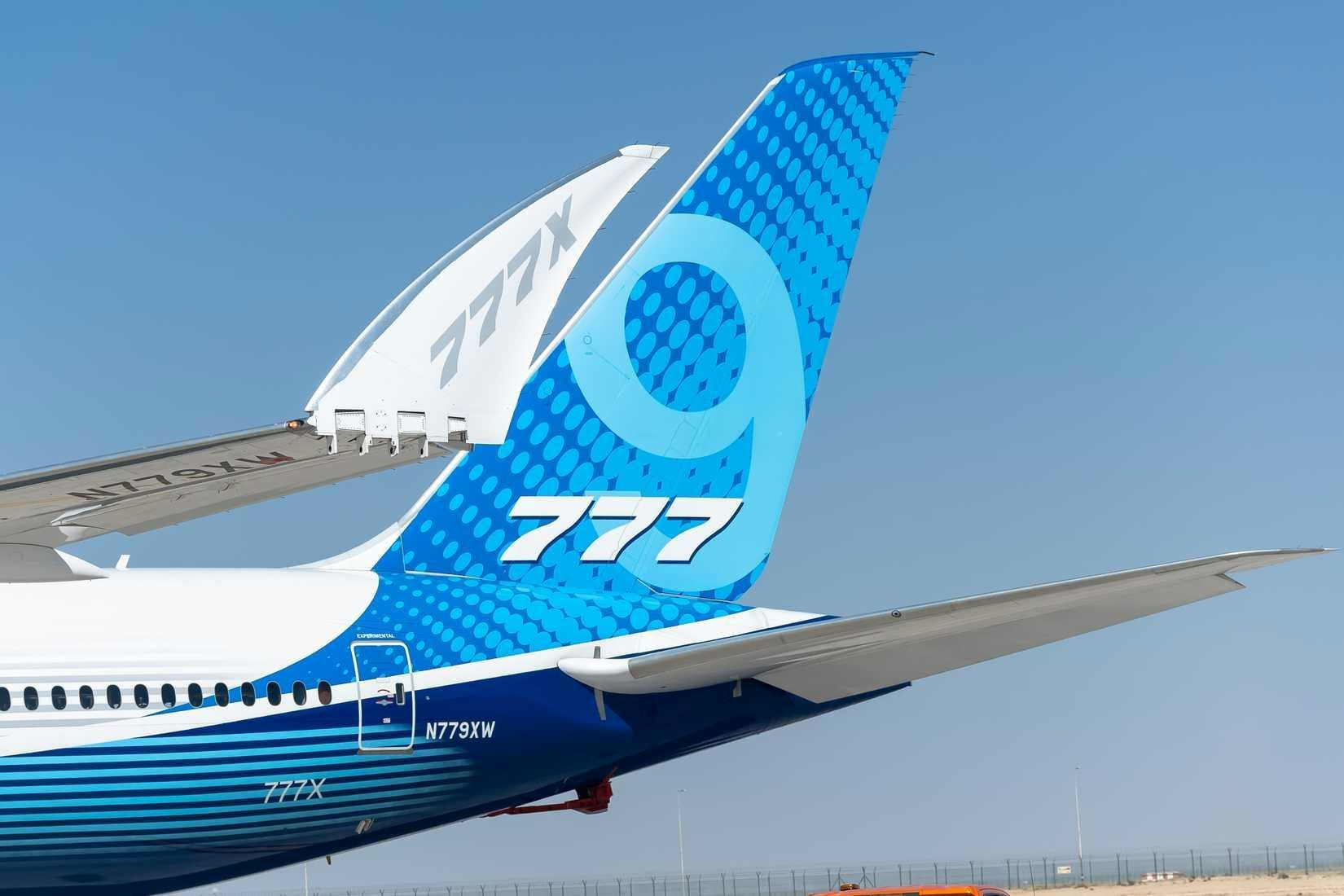
AeroGenie - مساعد الطيار الذكي الخاص بك.
الرائج الآن
Categories
GE Aerospace Tests Middle East Dust Effects on Boeing 777X Engines in Ohio
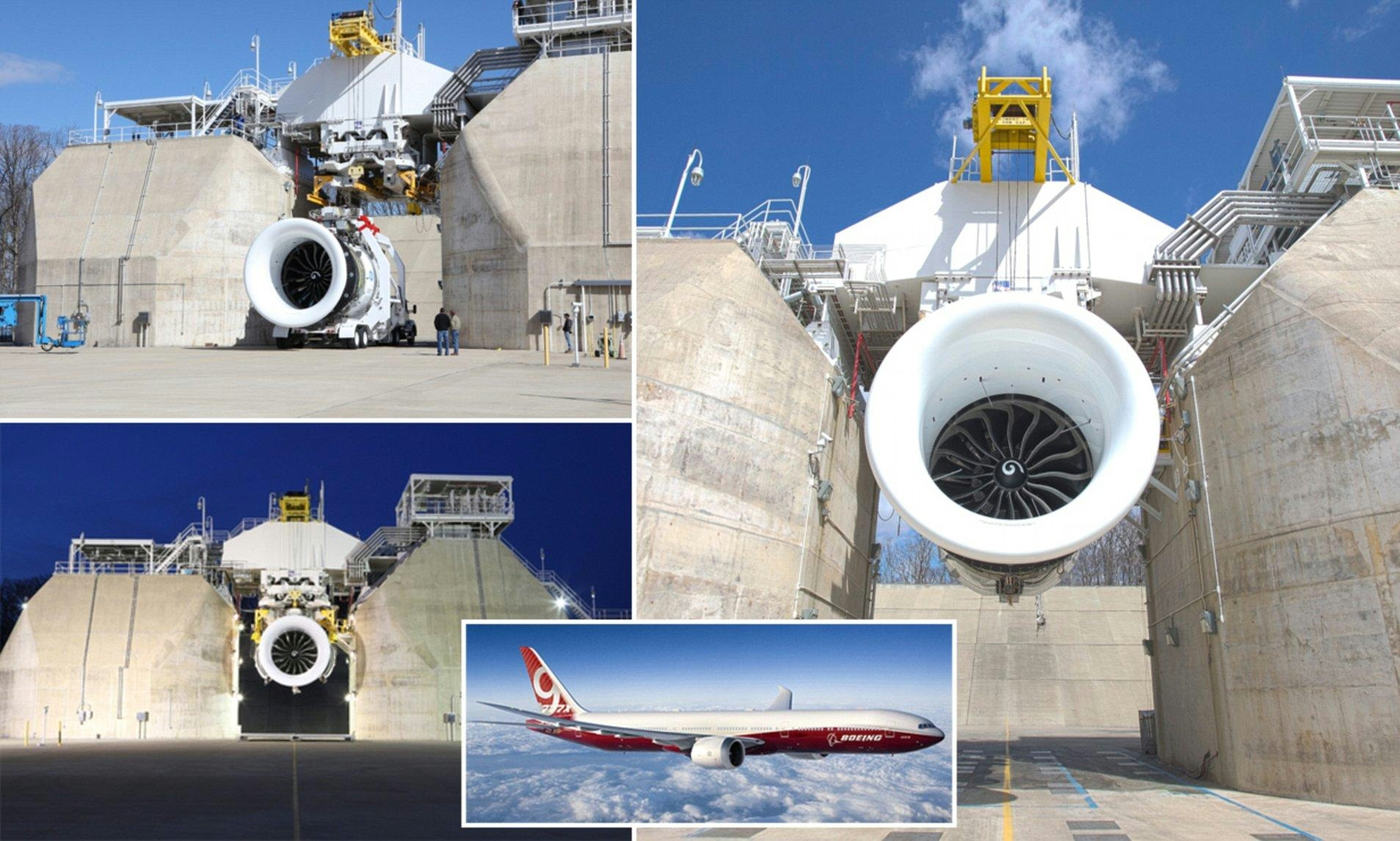
GE Aerospace Tests Middle East Dust Effects on Boeing 777X Engines in Ohio
Simulating Harsh Environmental Conditions
GE Aerospace is conducting rigorous testing of the GE9X engine, designed for the Boeing 777X, by replicating the challenging dusty conditions typical of the Middle East at its facility in Peebles, Ohio. This initiative involves a second round of dust-ingestion ground tests, with a third phase scheduled for next year, as announced ahead of the Dubai Airshow. Engineers at the Ohio site have developed synthetic dust that closely mimics the chemical composition and particle size found in Middle Eastern environments such as Dubai. This engineered dust is sprayed onto engine components to simulate real-world takeoff conditions, ensuring the engine’s resilience in such demanding settings. Carlos Perez, vice president of commercial engines systems engineering at GE Aerospace, emphasized the precision of this approach, noting the complexity and cost involved in creating dust that accurately reflects the region’s characteristics.
The initial dust-ingestion campaign, completed in 2022, involved over 1,600 engine run cycles. Cristina Seda-Hoelle, general manager of the GE9X program, highlighted the accelerated timeline of these tests, which are being conducted well before the engine’s entry into service (EIS), a departure from the traditional practice of testing five to six years post-EIS. The ongoing and planned testing phases aim to perfect and mature the engine’s design to ensure maximum durability and reliability in dusty, high-temperature environments.
Strategic Importance and Market Implications
The durability of the GE9X engine under such conditions is critical, particularly as GE pursues regulatory approval for extended twin-engine operations (ETOPS) in the Middle East. Dust ingestion can significantly affect engine performance, making these tests vital for meeting stringent regulatory standards and customer expectations. Emirates, the largest customer for the Boeing 777X with orders exceeding 200 aircraft, has been actively involved in providing feedback to GE Aerospace. Seda-Hoelle expressed confidence in the collaborative efforts to meet Emirates’ requirements ahead of the aircraft’s commercial debut.
Boeing recently announced a postponement of the 777X’s first delivery to 2027, extending the program’s delay to seven years. This additional time allows GE to further enhance the GE9X’s reliability. Market observers are closely monitoring the engine’s performance in these challenging conditions, as airlines weigh reliability and efficiency in their future procurement decisions. Competitors are expected to advance their own engine technologies, particularly in hybrid-electric propulsion and dust mitigation, to remain competitive.
Expanding Regional Support Infrastructure
Recognizing that approximately two-thirds of GE9X-powered aircraft customers are based in the Middle East, GE Aerospace is expanding its regional support capabilities. The company has announced plans to construct a new $50 million maintenance, repair, and overhaul (MRO) facility at the Mohammed Bin Rashid Aerospace Hub in Dubai South. This 120,000-square-foot facility will replace the existing 29,000-square-foot site and is scheduled to begin construction in December, with completion expected by early 2027. The expansion is designed to accommodate growing demand for CFM Leap engine services and to prepare for the GE9X’s entry into service.
Boeing has secured 565 orders for the 777X passenger and freighter variants from 14 operators worldwide, with more than 1,200 engines on order. Key regional customers include Emirates, Qatar Airways, Etihad Airways, and Air India, underscoring the strategic importance of the Middle East market for the program.
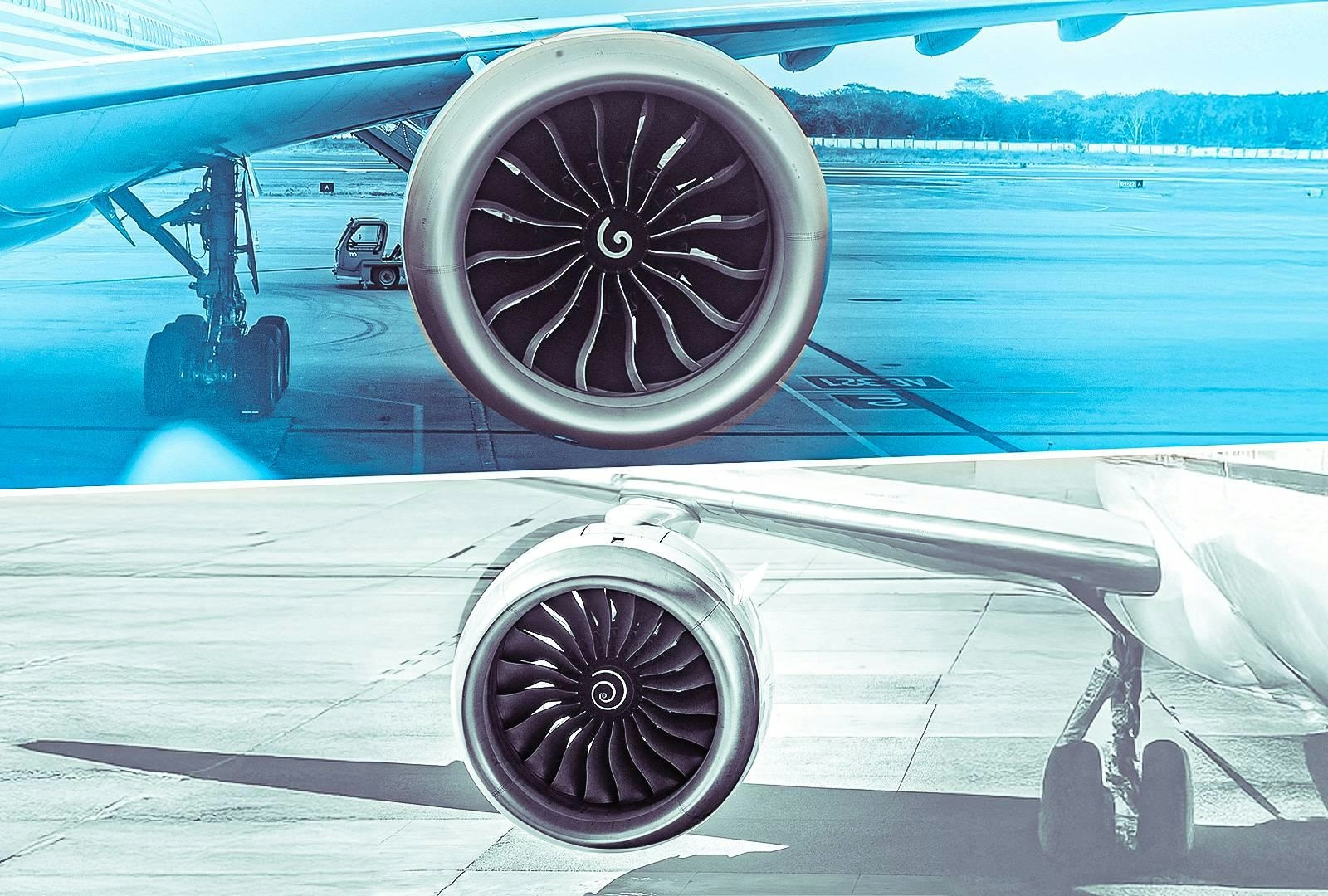
flydubai Signs Agreement with GE Aerospace for 60 GEnx-1B Engines

Emirates Orders 65 Boeing 777X Jets Worth $38 Billion, Deliveries Starting in 2027
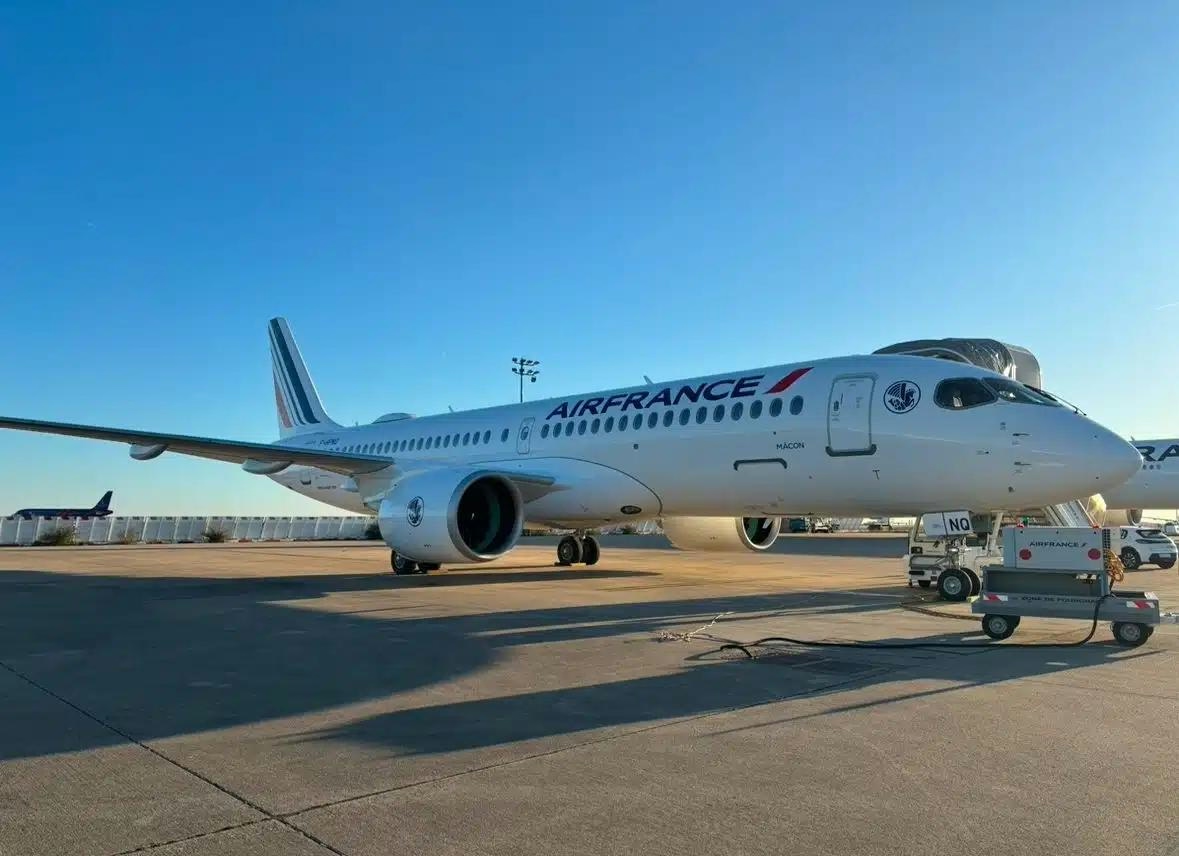
ABL Aviation Delivers Final A220 Aircraft to Air France
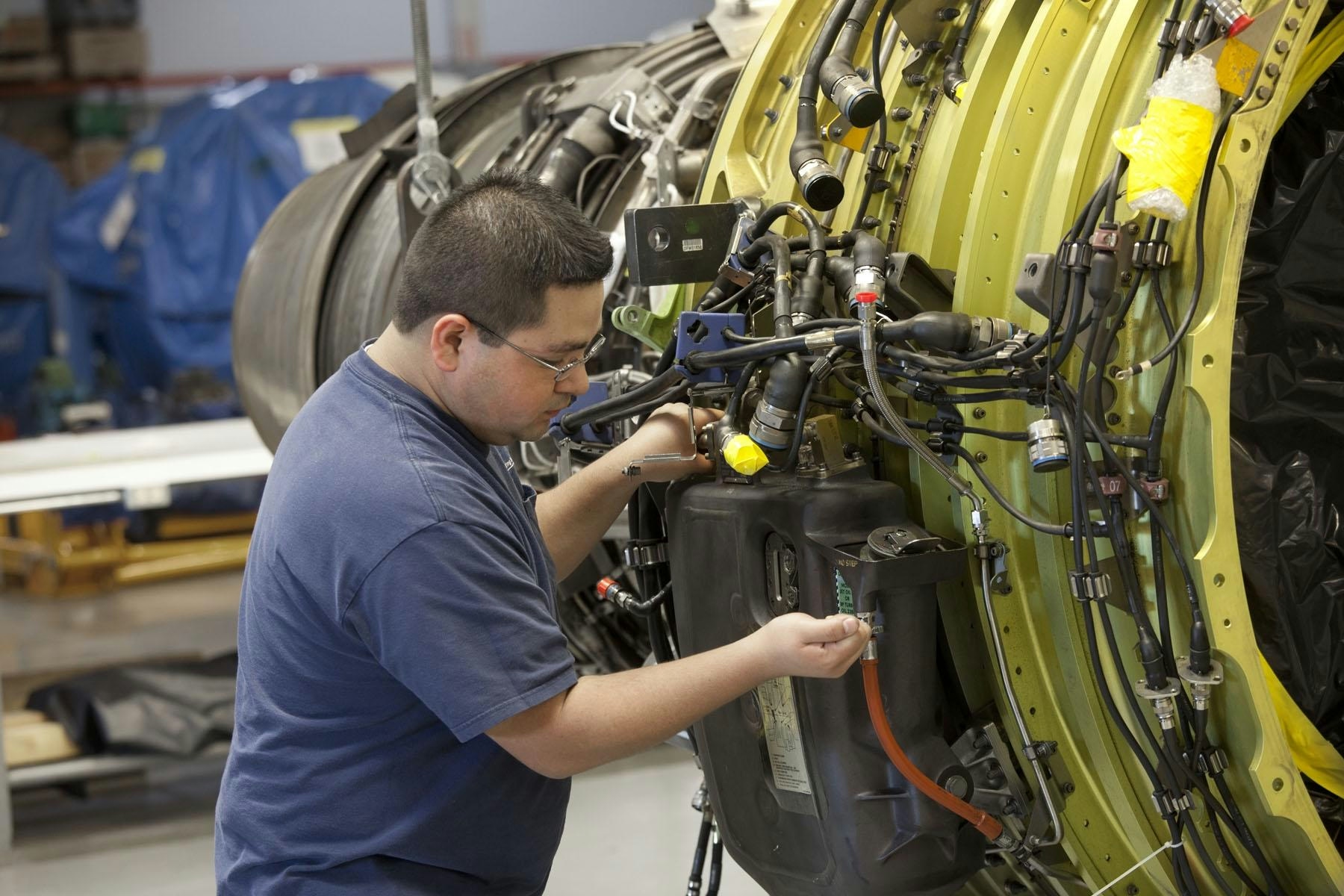
GE Signs Deal with Emirates for GE9X Engines
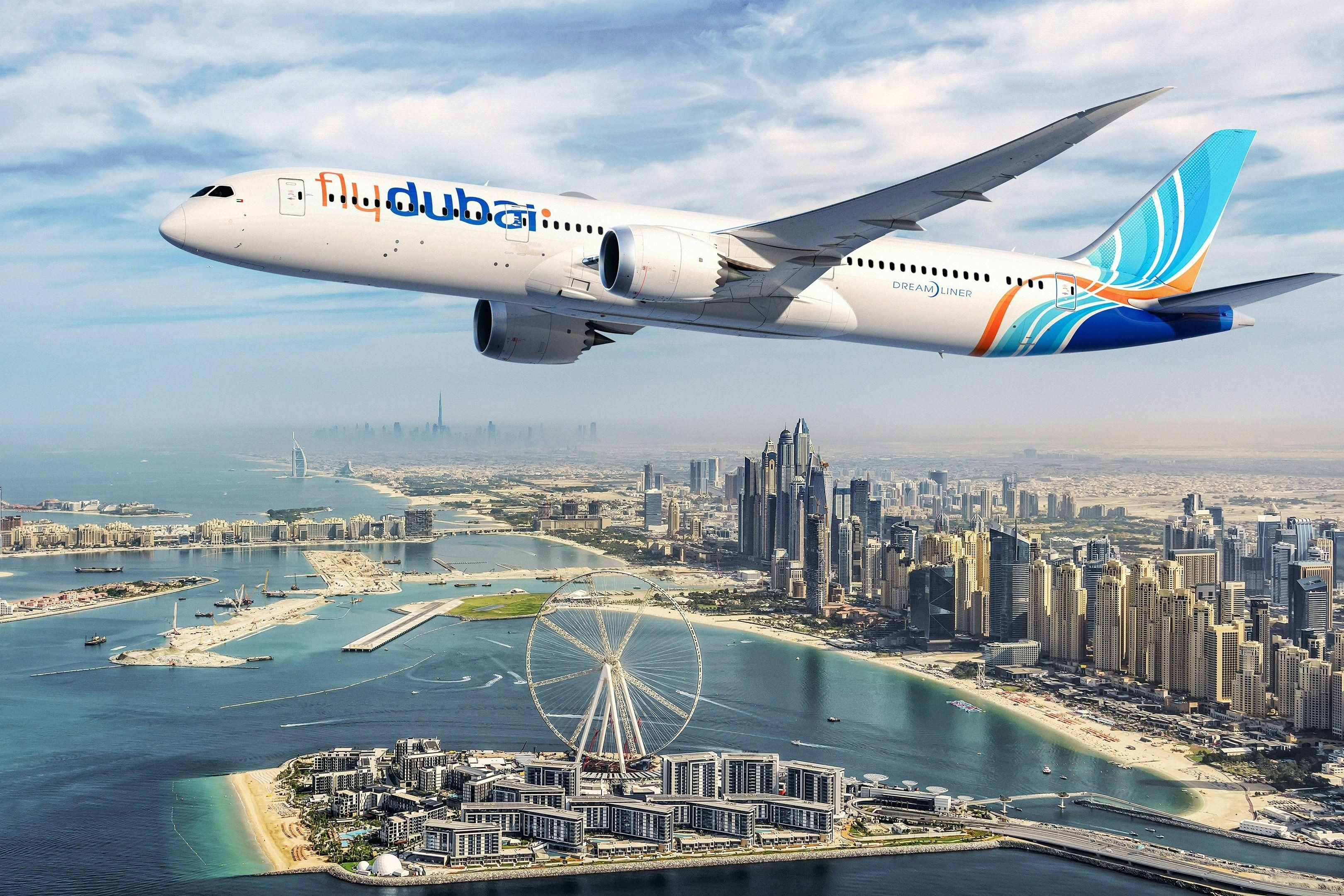
flydubai Orders 60 GEnx Engines for New Boeing 787 Fleet
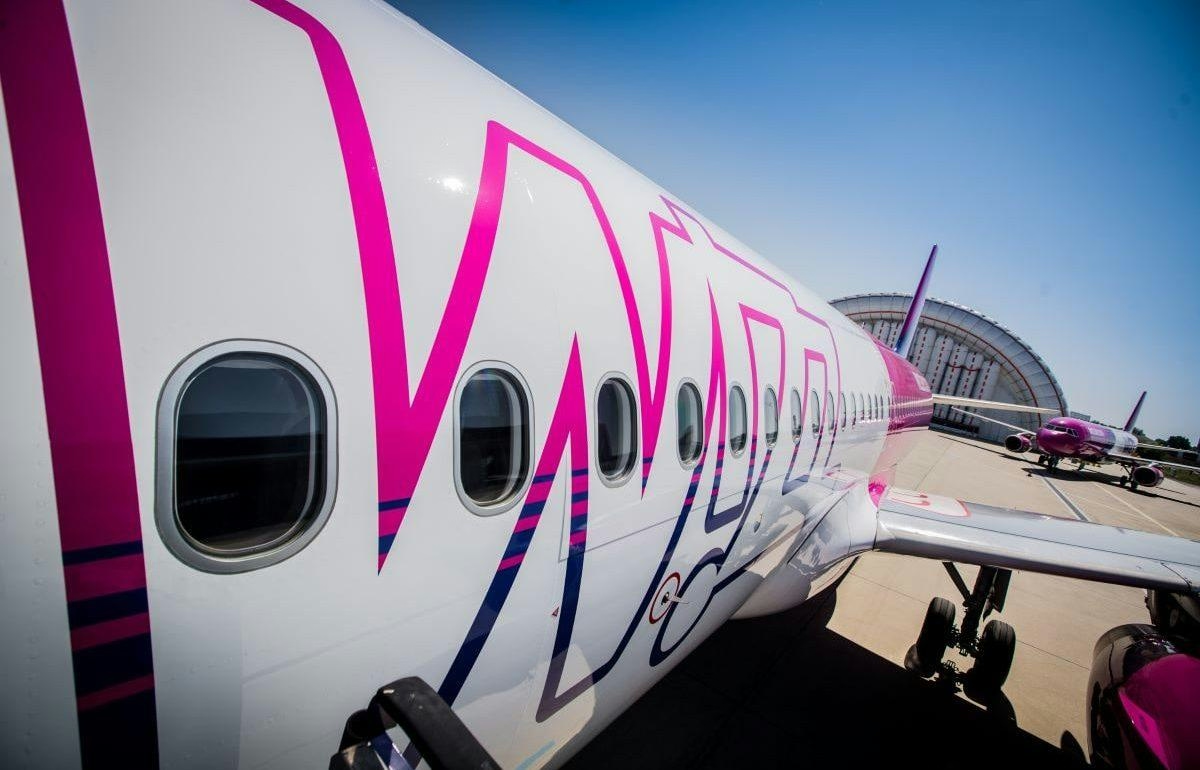
Wizz Air Renews Maintenance Partnership with FL Technics

Global Air Traffic Management Software Market Projected to Reach $12.6 Billion by 2034
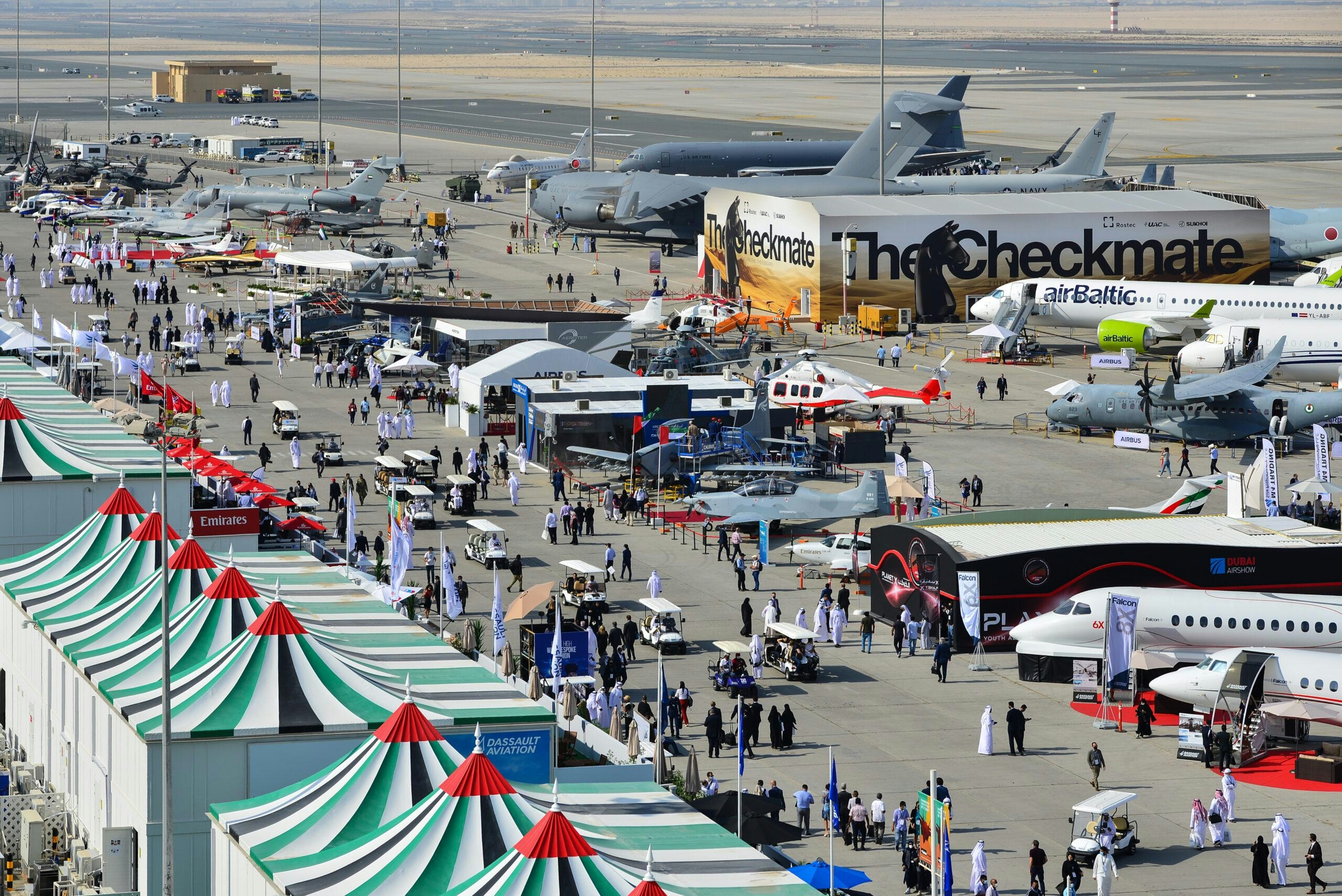
US and Over 90 Countries Convene at Dubai Airshow 2025 to Discuss Aviation and Technology
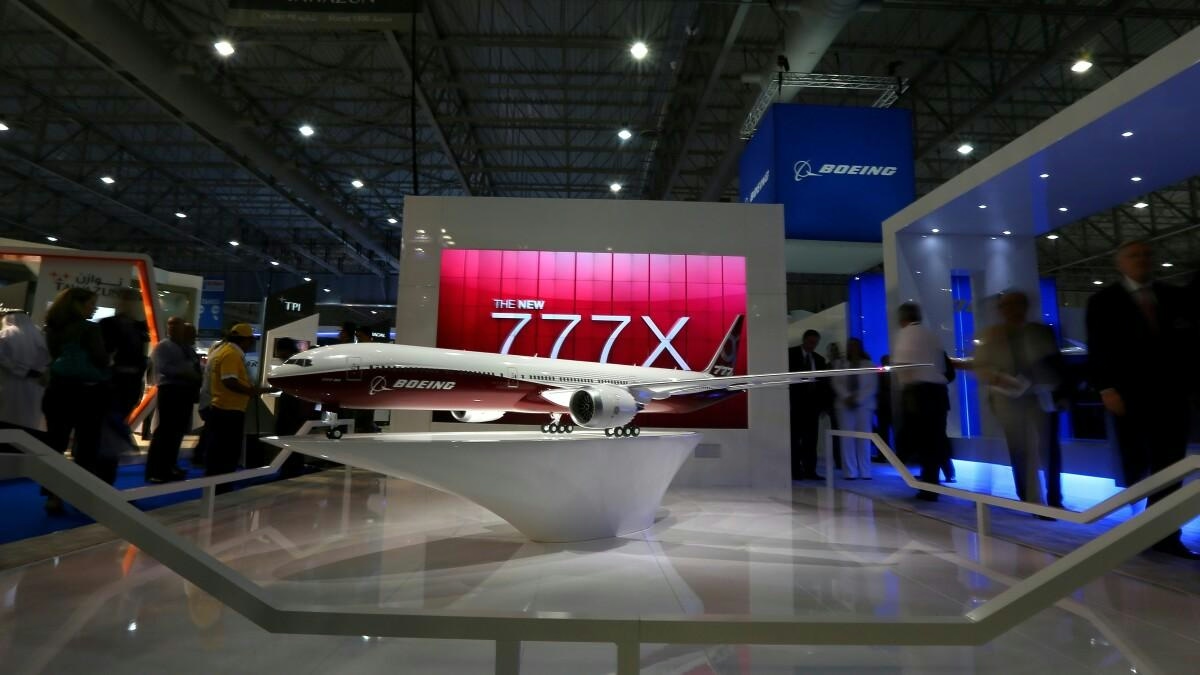
Emirates Announces Major 777X Order at Dubai Airshow 2025
